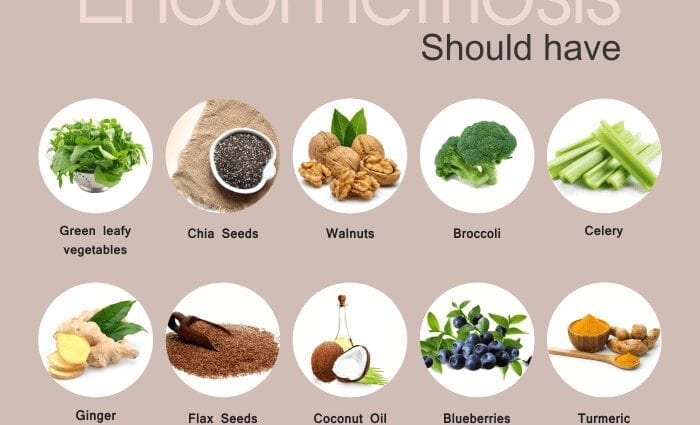General description of the disease
Endometriosis is a female disease characterized by the development of endometrial cells in various tissues and organs. The causal disease can be disorders of the immune and hormonal systems (an excess of the female hormone estrogen and a lack of progesterone), which provoke uncontrolled proliferation of the endometrium, its prolonged rejection with increased bleeding.
Predisposing factors for the development of endometriosis:
difficult or late childbirth, abortion, cesarean section, diathermocoagulation of the cervix.
Symptoms of endometriosis:
increasing menstrual cramps; bowel disorder; vomiting or nausea, dizziness; fatigue as a result of blood loss, intoxication; menstrual cycle less than 27 days; heavy or prolonged menstrual bleeding; constipation; susceptibility to infections; repetitive ovarian cysts; temperature increase; causeless pain in the pelvic area.
It should be noted that if such symptoms recur every month, then you need to see a doctor. Advanced endometriosis spreads to wider areas of the body and is difficult to treat. Often this disease can be confused with an infection of the bladder, vagina, ovarian cyst, ectopic pregnancy.
Healthy foods for endometriosis
It is very important for endometriosis to adhere to a diet, the diet of which is best coordinated with a dietitian who will take into account the characteristics of your body. Rational and proper nutrition has a positive effect on the immune system, helps to regulate the level of hormones. Food should be taken at least five times a day, in small portions, liquid – at least one and a half liters per day.
Among the useful products, the following are noted:
- antioxidant products (fresh fruits, vegetables), especially recommended for genital and extragenital endometriosis;
- natural fats with a high content of unsaturated acids (omega-3) (sardines, salmon, mackerel, flaxseed oil, nuts) are especially useful for menstrual bleeding as they prevent the “transformation” of the uterus;
- Foods rich in cellulose, which helps regulate estrogen levels (brown rice, carrots, beets, courgettes, apples);
- Foods with plant sterols that prevent excessive estrogen development (celery, garlic, pumpkin and sunflower seeds, green peas);
- broccoli and cauliflower, which contain elements of activating liver enzymes and effectively remove excess estrogen from the body;
- low-fat varieties of poultry;
- non-crushed cereals (oat, buckwheat, rice, pearl barley), coarse bread;
- low-fat dairy products (especially low-fat cottage cheese);
- foods with vitamin C (lemons, oranges, rosehip decoction, strawberries, paprika).
Folk remedies for endometriosis
- herbal decoction: one part of serpentine root, shepherd’s purse and two parts of Potentilla, calamus root, nettle leaves, knotweed herb (two tablespoons of the mixture in glasses of boiling water, boil for five minutes, soak in a thermos for an hour and a half), take three times a day half a glass 30 minutes before meals, take the broth for one month, a break for ten days, repeat the intake for another month;
- decoction of the herb of the upland uterus (pour one tbsp.spoon with half a liter of water, soak in a water bath for 15 minutes) and separately a decoction of saber herb (pour one tbsp.spoon with half a liter of water, soak in a water bath for 15 minutes), divide each type of broth into three parts , take a decoction of the herb of the upland uterus an hour before a meal, and a decoction of the herb of cinquefoil 20 minutes after eating;
- a decoction of viburnum bark (one tablespoon per two hundred ml of water), use two tablespoons three times a day.
Dangerous and harmful foods for endometriosis
red meat (which promotes the production of prostaglandins), fried and spicy foods, fatty cheeses, butter, coffee, mayonnaise, strong tea, foods that have a stimulating effect on the mucous membrane (for example, sugary carbonated drinks), animal proteins (dairy products, eggs and fish).
Attention!
The administration is not responsible for any attempt to use the information provided, and does not guarantee that it will not harm you personally. The materials cannot be used to prescribe treatment and make a diagnosis. Always consult your specialist doctor!










